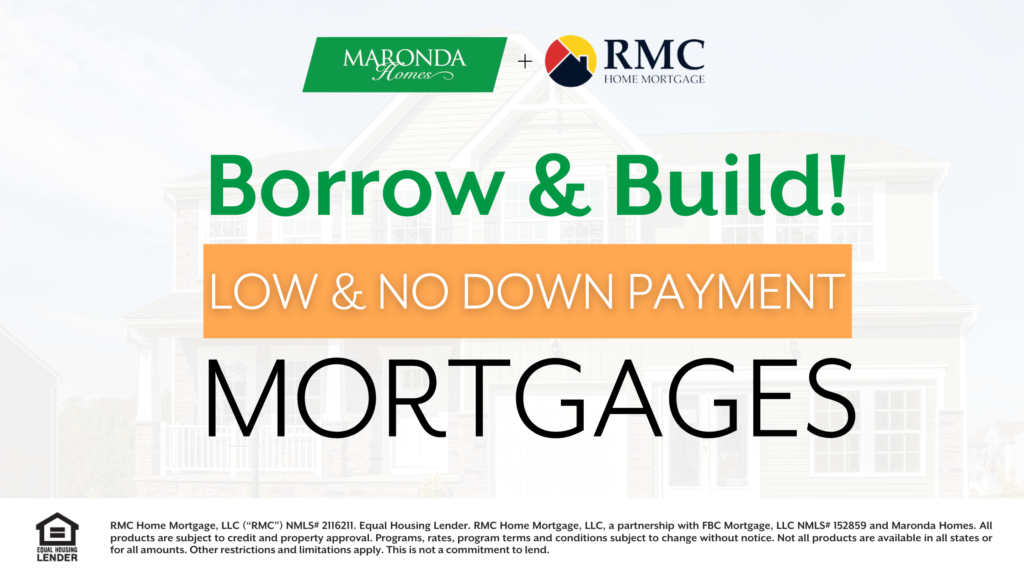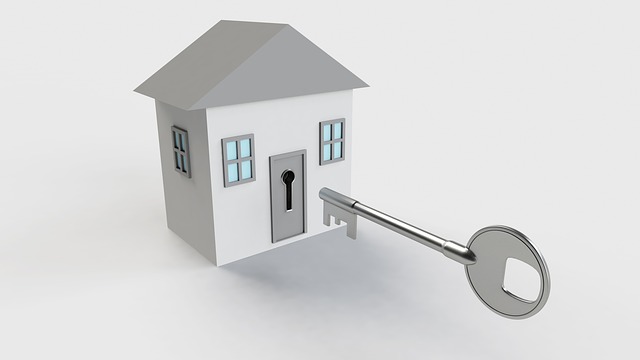
Variable interest rate on a line of credit for home equity
A home equity line credit is a great option to borrow against your home equity. This can also make it a valuable tool for large projects. However, this can be risky if interest rate fluctuations are high. It is important that you understand the differences between a fixed-rate HELOC and a variable-rate HELOC. A fixed-rate HELOC can be fixed for a set period of time such as 10 years. Variable-rate HELOCs allow you to borrow unlimited amounts of money.
The maximum amount of home equity line credit you can borrow depends on several factors. These factors include your equity and mortgage balance, as well as the value of your home. You can quickly calculate how much you can borrow.
Fixed-rate loan secured by your home
A fixed-rate, secured loan secured by your property may be possible if you have equity in your home. This loan is ideal for those who need a large lump sum of money but know exactly how much. They can use the money for almost anything, including home improvements. You can also deduct the interest on your income taxes

Fixed-rate home equity loans are secured by your home's equity. The interest rate is linked to an independent benchmark such as the U.S. prime rate, currently at 3.5 percent. Most lenders require a minimum credit score of 620, but some have higher minimums. A higher credit score will result in a lower interest rate.
Maximum amount you can loan
You can borrow up to 80 percent of the equity in your home with a home equity loan. This amount is also known for the maximum amount of home equity line credit (HELOC). This type allows you to make home improvement to increase the property's value. However, there are a few factors to consider before borrowing against your home.
First, your credit score and income will impact how much you can borrow. You may not be eligible for a home equity loan if you have a low income. Also, you may have to pay high upfront costs for home equity loan. These fees may limit the amount that you can borrow.
Downsides of a home equity loan
A home equity mortgage is an option if money is needed to increase the value of your house. You don't need to risk your home with home equity loans. The only thing you need to do is be able and willing to repay the money that you borrowed. You can prepare by keeping a record of your income and expenses. You will be able to determine if you can afford your new payment. While the process of applying for a home equity loan is fast, it's not a guarantee that you'll be approved for it.

Home equity loans have another advantage: the interest rate is lower that many other financial products. While the interest rate will depend on your creditworthiness it is usually lower than a creditcard or an unsecured personal loans. The tax deduction for home equity loans is another advantage. A home equity mortgage can help you reduce your tax bill depending upon your credit score. A home equity loan is able to be reinvested in your home, unlike a personal loan or credit card.
FAQ
What is the cost of replacing windows?
The cost of replacing windows is between $1,500 and $3,000 per window. The exact size, style, brand, and cost of all windows replacement will vary depending on what you choose.
How many times can my mortgage be refinanced?
It depends on whether you're refinancing with another lender, or using a broker to help you find a mortgage. In both cases, you can usually refinance every five years.
How long will it take to sell my house
It depends on many different factors, including the condition of your home, the number of similar homes currently listed for sale, the overall demand for homes in your area, the local housing market conditions, etc. It can take from 7 days up to 90 days depending on these variables.
Is it cheaper to rent than to buy?
Renting is typically cheaper than buying your home. However, renting is usually cheaper than purchasing a home. Buying a home has its advantages too. You'll have greater control over your living environment.
What is a Reverse Mortgage?
Reverse mortgages are a way to borrow funds from your home, without having any equity. This reverse mortgage allows you to take out funds from your home's equity and still live there. There are two types available: FHA (government-insured) and conventional. A conventional reverse mortgage requires that you repay the entire amount borrowed, plus an origination fee. FHA insurance covers your repayments.
Statistics
- This means that all of your housing-related expenses each month do not exceed 43% of your monthly income. (fortunebuilders.com)
- This seems to be a more popular trend as the U.S. Census Bureau reports the homeownership rate was around 65% last year. (fortunebuilders.com)
- Private mortgage insurance may be required for conventional loans when the borrower puts less than 20% down.4 FHA loans are mortgage loans issued by private lenders and backed by the federal government. (investopedia.com)
- Based on your credit scores and other financial details, your lender offers you a 3.5% interest rate on loan. (investopedia.com)
- The FHA sets its desirable debt-to-income ratio at 43%. (fortunebuilders.com)
External Links
How To
How to Buy a Mobile Home
Mobile homes are houses that are built on wheels and tow behind one or more vehicles. They have been popular since World War II, when they were used by soldiers who had lost their homes during the war. Mobile homes are still popular among those who wish to live in a rural area. These houses come in many sizes and styles. Some houses are small while others can hold multiple families. There are some even made just for pets.
There are two types of mobile homes. The first is built in factories by workers who assemble them piece-by-piece. This is done before the product is delivered to the customer. You can also build your mobile home by yourself. You'll need to decide what size you want and whether it should include electricity, plumbing, or a kitchen stove. You'll also need to make sure that you have enough materials to construct your house. Final, you'll need permits to construct your new home.
These are the three main things you need to consider when buying a mobile-home. You may prefer a larger floor space as you won't always have access garage. You might also consider a larger living space if your intention is to move right away. Third, you'll probably want to check the condition of the trailer itself. You could have problems down the road if you damage any parts of the frame.
You need to determine your financial capabilities before purchasing a mobile residence. It is crucial to compare prices between various models and manufacturers. Also, take a look at the condition and age of the trailers. While many dealers offer financing options for their customers, the interest rates charged by lenders can vary widely depending on which lender they are.
It is possible to rent a mobile house instead of buying one. Renting allows you to test drive a particular model without making a commitment. Renting is not cheap. The average renter pays around $300 per monthly.